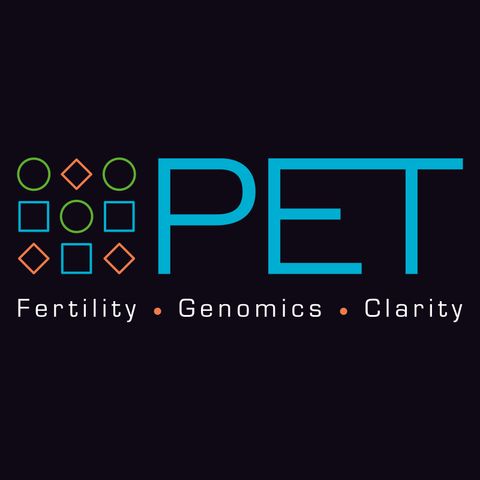IVF Add-Ons: How Should We Score the HFEA's New Ratings System?

Feb 26, 2024 ·
1h 35m 1s
This episode of the https://www.spreaker.com/show/progress-educational-trust-podcast discusses recent changes to the way the UK's fertility regulator – the Human Fertilisation and Embryology Authority (HFEA) – assesses and explains https://www.hfea.gov.uk/treatments/treatment-add-ons/. The discussion...
show more
This episode of the Progress Educational Trust (PET) podcast discusses recent changes to the way the UK's fertility regulator – the Human Fertilisation and Embryology Authority (HFEA) – assesses and explains 'add-ons' to IVF treatment.
The discussion is chaired by Sarah Norcross (Director of PET), with contributions from:
⚫ Dr Tim Child (Chair of the HFEA's Scientific and Clinical Advances Advisory Committee)
⚫ Professor Joyce Harper (Professor of Reproductive Science at University College London)
⚫ Dr Ippokratis Sarris (Director of King's Fertility)
⚫ Tracey Sainsbury (Fertility Counsellor)
⚫ Dr Tasha Alden (patient and researcher)
Add-ons are optional treatments, technologies or procedures offered alongside IVF – often at considerable expense to patients – which may not be supported by reliable evidence.
The HFEA regulates all UK fertility clinics, including those that offer add-ons, but tends to regulate the add-ons themselves only indirectly. This is because the HFEA's legal powers concern what can be done to or with gametes or embryos outside the human body, and many add-ons fall outside this scope.
The HFEA's other main role in relation to add-ons is providing information for patients and the wider public, explaining what particular add-ons entail and whether there is evidence to support their use. In 2019, the HFEA introduced a 'traffic light' ratings system, placing add-ons in one of three categories depending on the quality of evidence.
In recent months, the HFEA has overhauled its ratings system, replacing its three previous categories for add-ons with five new categories. These new categories involve criteria including the quality of evidence, the impact on treatment outcome, and concerns about safety. Anyone who thinks the regulator's list of add-ons is incomplete can propose an add-on for assessment and inclusion.
PET is grateful to the British Fertility Society for supporting this discussion.
PET is also grateful to Jon Nicoll, who created the opening and closing music for its podcast.
Register at https://www.progress.org.uk/events/upcoming-events/ for upcoming PET events.
show less
The discussion is chaired by Sarah Norcross (Director of PET), with contributions from:
⚫ Dr Tim Child (Chair of the HFEA's Scientific and Clinical Advances Advisory Committee)
⚫ Professor Joyce Harper (Professor of Reproductive Science at University College London)
⚫ Dr Ippokratis Sarris (Director of King's Fertility)
⚫ Tracey Sainsbury (Fertility Counsellor)
⚫ Dr Tasha Alden (patient and researcher)
Add-ons are optional treatments, technologies or procedures offered alongside IVF – often at considerable expense to patients – which may not be supported by reliable evidence.
The HFEA regulates all UK fertility clinics, including those that offer add-ons, but tends to regulate the add-ons themselves only indirectly. This is because the HFEA's legal powers concern what can be done to or with gametes or embryos outside the human body, and many add-ons fall outside this scope.
The HFEA's other main role in relation to add-ons is providing information for patients and the wider public, explaining what particular add-ons entail and whether there is evidence to support their use. In 2019, the HFEA introduced a 'traffic light' ratings system, placing add-ons in one of three categories depending on the quality of evidence.
In recent months, the HFEA has overhauled its ratings system, replacing its three previous categories for add-ons with five new categories. These new categories involve criteria including the quality of evidence, the impact on treatment outcome, and concerns about safety. Anyone who thinks the regulator's list of add-ons is incomplete can propose an add-on for assessment and inclusion.
PET is grateful to the British Fertility Society for supporting this discussion.
PET is also grateful to Jon Nicoll, who created the opening and closing music for its podcast.
Register at https://www.progress.org.uk/events/upcoming-events/ for upcoming PET events.
Information
| Author | Progress Educational Trust |
| Website | - |
| Tags |
Copyright 2024 - Spreaker Inc. an iHeartMedia Company
